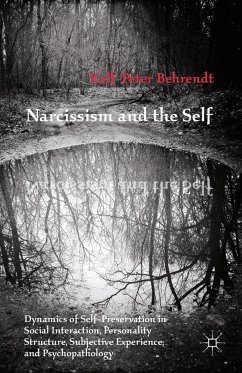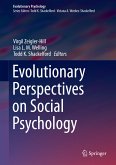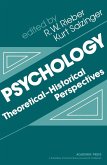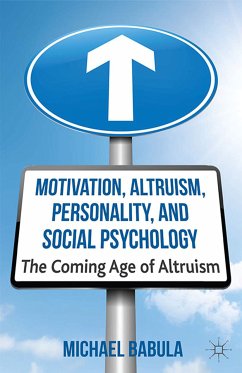The author argues in favor of a relational approach to study behavior and identifies its theoretical foundations in the philosophy of Ernst Mach, especially in Mach's concept of functional relations and its influence on Skinner.Departing from this theoretical framework, the author argues that behavior can only be studied through the analysis of how it emerges from relations, and cannot be explained by hypothetical constructs such as cognitive maps, personality formation mechanisms, drives, traits and preconceived motivational forces.
Radical Behaviorism and Cultural Analysis will be of interest to psychology researchers and students interested in the theoretical foundations of behavior analysis, as well as to social scientists and policy makers from other areas interested in how behavior analysis can be used to study complex social interactions and how it can be applied to build a more fair and sustainable society through cultural planning and the development of prosocial behavior.
Dieser Download kann aus rechtlichen Gründen nur mit Rechnungsadresse in A, B, BG, CY, CZ, D, DK, EW, E, FIN, F, GR, HR, H, IRL, I, LT, L, LR, M, NL, PL, P, R, S, SLO, SK ausgeliefert werden.









